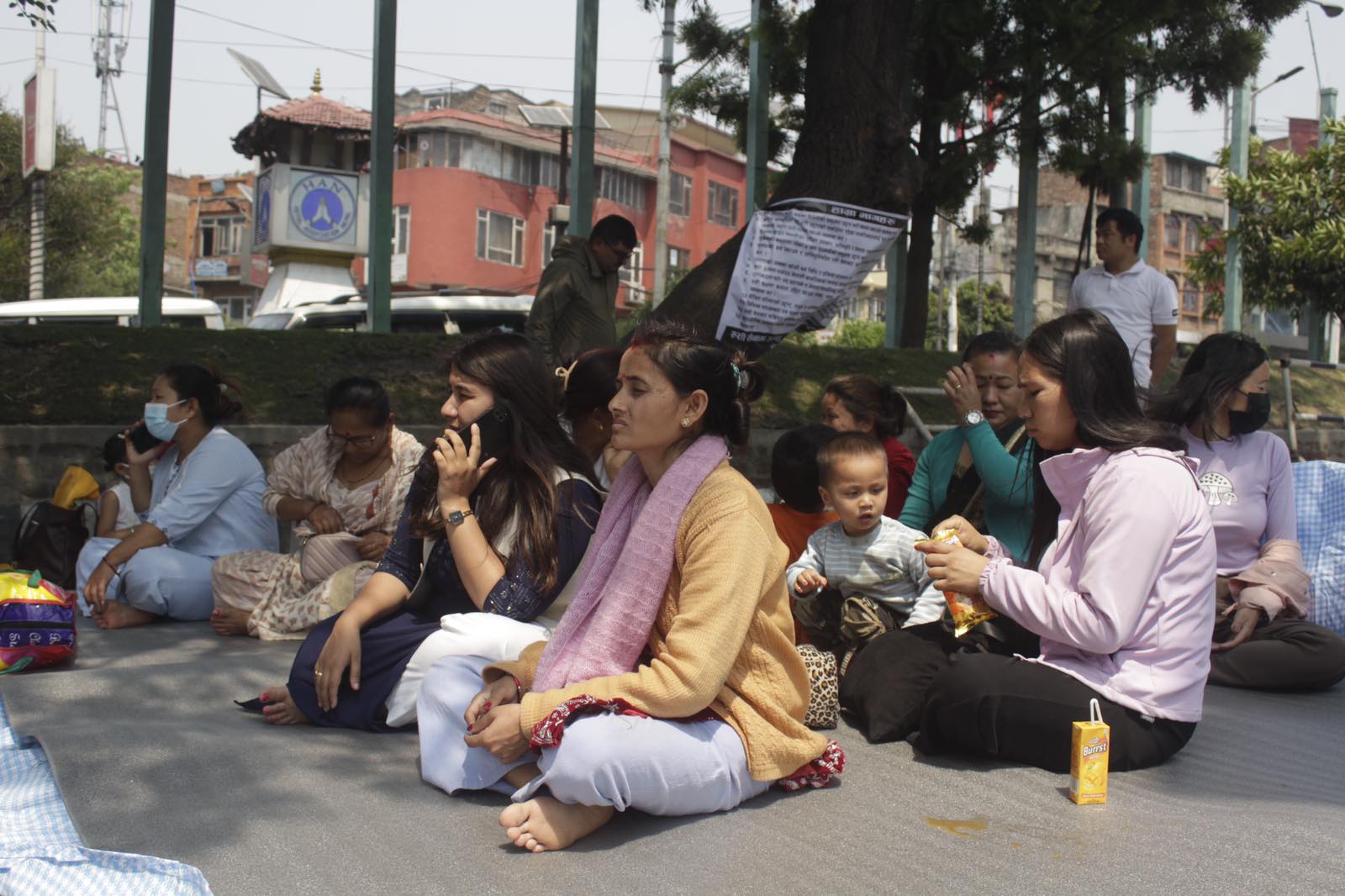
OR

“We’re not going home!” Stephen Curry, the point guard of Golden State Warriors in the National Basketball Association (NBA), was pumped.
He had just finished an easy lay-up to extend the lead of his team to 10 points with just a minute to go in the game.
The Warriors were down 3-1 in the best-of-seven, in what were effectively the semi-finals for the NBA championship. If they lost the game, the defending champions would be out of the tournament. Not only did Curry and his team go on to win this particular game, they also subsequently took the semi-final series against Oklahoma City Thunder, winning three games on the bounce.
As I write this, the Warriors are already 2-1 up in the best-of-seven finals, this time against Cleveland Cavaliers. Curry’s declaration in the semis was a remarkable show of confidence: in himself, and his teammates, that they would be able to pull themselves out of the deepest hole imaginable.
But if there is one thing I have learned about this team, it is that they never give up. Excuse the cliché, but they don’t know how to give up. This never-die spirit is the reason the team now has the best regular-season record in NBA history. But is self-belief the only reason the Warriors are at the pinnacle of their sport?
Self-belief is useless if you don’t have the talent. The Warriors have oodles of it too. Curry and his teammate, Klay Thompson, are among the best long-range shooters (the baskets that earn three points) in NBA history, ably guided in their pursuit by the inspiring head coach Steve Kurr, who is arguably the best long-range shooter ever. Curry and Thompson as players are ably supported by the likes of (power forward) Draymond Green and (center) Andrew Bogut. If you were trying to put together a perfect basketball team, you wouldn’t have to look past the current Warriors roster.
That is why the Yellow Submarines are such a delight to watch, the whole team performing like a fine-tuned orchestra. Perhaps it is the same kind of delight you would get when you witness, say, Muhammad Ali in action. Ali was in many ways the perfect heavyweight boxer: tall, well-built and with a long reach. Unlike his other illustrious competitors at the time—Sonny Liston, George Foreman, Joe Frazier—there was a grace to Ali inside the ring. He was also a master taunt, lulling his opponents into a false sense of security, and then, bam, “stinging like a bee” with a devastating left hook.
Ali too didn’t so much box as dance in the ring. He was an out-and-out showman: keenly aware of his talent, and not shy of flaunting it either, when he didn’t endlessly talk about it. He cheekily proclaimed himself the greatest boxer of all time, and by the time he hung up his gloves in 1981 few would disagree.
But when I first heard of his death on June 3rd, my mind kept going back to the 1996 Summer Games in Atlanta when Ali, his whole body shaking from a fast-progressing Parkinson’s, lit the Olympic torch. “The greatest” brought down by an obscure disease, it was a poignant sight.
Having been a keen sports fan for the better part of 20 years, I feel privileged to have lived through the times of the some of its greatest practitioners: Michael Jordan, Stephen Curry, Lionel Messi, Cristiano Ronaldo, Tiger Woods, Michael Schumacher, Ricky Ponting, Sachin Tendulkar, Roger Federer…. I could go on and on and on and on and on. There are so many of them. They were source of much delight—and also not a little pain.
Among the saddest moments of my youth were the times my favorite sportspersons retired. You admire them so much you almost start seeing them as super-humans who don’t have to go through the mundane gruel of some day retiring and dying like us ordinary mortals.
But they all do. I remember the last time Ponting, easily my favorite cricketer during his active years, walked out to bat against South Africa at the end of 2012. He was clearly emotional. Teary-eyed, he probably didn’t even properly see the Robin Peterson delivery that spun off the pitch, took the outer edge of his bat and fell into the bucket-like hands of Jacques Kallis at first slip. I couldn’t watch. I wanted Ponting to score at least a hundred in his final inning.
It is, likewise, unbearable to see Federer struggle of late. At the rate he was going in the first decade of the 21st century, I seriously thought he was going to be the first man to win 30 Grand Slams—only 16 more than Pete Sampras, the next best. But age (and new talent) caught up with Federer and he would now be lucky to add one more to his current tally of 17 Grand Slam titles. Federer is clearly past his prime but continues to play because he loves being out on the court.
I know the Curry era will also come to a juddering halt some day. But by god, while he is burying it like a bad habit from out in the wings, I will be savoring every moment of it. It’s a rare privilege.
biswas.baral@gmail.com
You May Like This

Mother and her two sons die after consuming wild mushroom
ROLPA, July 16: Three members of a family died after consuming wild mushroom in Rolpa. ... Read More...

This vegetable curry has bold flavors to keep everyone happy
Vegetable curries are a great hearty choice for a vegetarian meal. Filled with bold flavors and a good variety of... Read More...

Just In
- Govt padlocks Nepal Scouts’ property illegally occupied by NC lawmaker Deepak Khadka
- FWEAN meets with President Paudel to solicit support for women entrepreneurship
- Koshi provincial assembly passes resolution motion calling for special session by majority votes
- Court extends detention of Dipesh Pun after his failure to submit bail amount
- G Motors unveils Skywell Premium Luxury EV SUV with 620 km range
- Speaker Ghimire administers oath of office and Secrecy to JSP lawmaker Khan
- In Pictures: Families of Nepalis in Russian Army begin hunger strike
- New book by Ambassador K V Rajan and Atul K Thakur explores complexities of India-Nepal relations














_20240419161455.jpg)


Leave A Comment